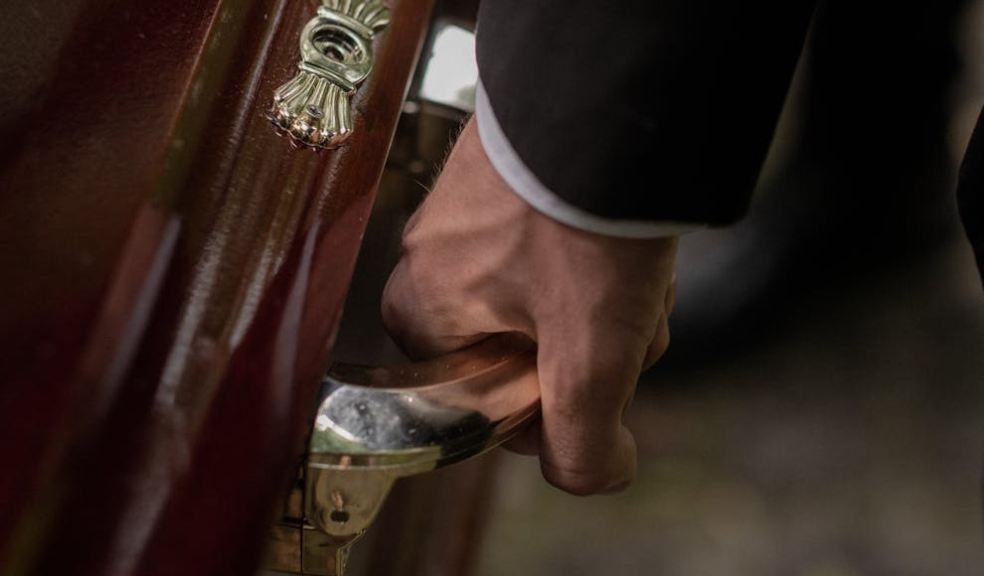
Preparing for Southern Asia Repatriations: What Families Need to Know
Losing someone you love is extremely hard. When that person wants to be buried in their home country in Southern Asia, the process can feel even more overwhelming. This guide aims to help families understand the legal and practical steps for bringing their loved one's body back to Southern Asia.
What is Repatriation?
Repatriation means the process of returning a deceased person to their home country for burial. For Southern Asia, this involves following cultural and religious customs as well as the laws of each specific country. Some key questions families might have:
What Are the Legal Requirements?
Each country has its own rules about bringing in human remains. This often requires a death certificate, preserving the body, and getting various permits.
What Are the Practical Considerations?
Repatriation involves air transportation, making funeral arrangements in the home country, and possibly working with local authorities when arriving.
What Are the Cultural and Religious Considerations?
Southern Asia has many diverse traditions. Understanding the specific beliefs and practices of the deceased and their family is crucial for a respectful and culturally appropriate ceremony.
The Step-by-Step Repatriation Process
Repatriating a loved one's body involves several important steps. While the process can seem daunting, working closely with an experienced funeral home and repatriation service providers like globalrepatriations.com.au can make it much easier to navigate. They will guide you through all the necessary tasks, from obtaining documentation to coordinating transportation and burial arrangements in the destination country. Here is an overview of the key steps in the repatriation process:
Contact a Funeral Home
Selecting a funeral home with extensive experience in repatriations to Southern Asia is crucial. Such funeral homes deeply understand the intricate cultural and legal requirements involved. They maintain close relationships with relevant agencies and have a track record of successfully navigating complex repatriation cases. An experienced funeral director serves as a knowledgeable guide, offering families much-needed emotional support during this challenging process.
Paperwork
Proper documentation is the backbone of any repatriation. At a minimum, families must obtain an official death certificate and a certified copy of the deceased's passport. Many Southern Asian nations also mandate an embalming certificate as proof that the body underwent the necessary preservation procedures. Attempting to compile these documents alone can be daunting. Funeral homes lend their expertise, clearly explaining each requirement and deftly handling the entire documentation process.
Preserving the Body
The vast majority of South Asian countries insist on embalming human remains intended for repatriation. This procedure halts decomposition, allowing safe transportation over long distances. Funeral homes employ licensed embalmers who are well-versed in meeting the stringent preservation standards outlined in each nation's regulations. They utilize modern embalming techniques and equipment to ensure the deceased's body remains intact throughout the repatriation journey.
Flight Arrangements
Transporting human remains by air requires the services of speciality carriers experienced in handling this sombre duty. Funeral homes maintain close relationships with several such airlines. These carriers adhere to a strict code of policies and protocols designed to uphold dignity and respect. From carefully facilitating documentation to employing dedicated holding facilities, they ensure the deceased travels under the highest standards of care.
Coordinating in Destination Country
Despite meticulous preparations, repatriations can encounter bureaucratic hurdles upon arrival in Southern Asia. Funeral homes, therefore, make arrangements with a network of in-country contacts who can smoothly navigate any customs clearances or import permits required. These local ties prove invaluable in circumventing potential delays or mix-ups. With experience handling international arrivals, the funeral home's partners adeptly facilitate the final journey to the burial location.
Cultural and Religious Traditions
South Asia has diverse cultural and religious customs around death and burial:
Hinduism
Funeral rites usually occur within 24-48 hours after death. Cremation is common, with ashes scattered in a holy river like the Ganges.
Islam
Islamic burials emphasize promptness and simplicity. The deceased is typically buried facing Mecca within 24 hours. Ritual washing and shrouding are important parts.
Buddhism
Cremation is most common. Ashes may be kept in an urn or scattered in a designated place. Funerals often involve chanting and meditation.
These are just general guidelines. Families should discuss their loved one's specific cultural background and wishes with the funeral home.
Costs Involved
Repatriation costs vary depending on factors like:
- Distance from home country
- Weight and size of the deceased
- Embalming and paperwork fees
- Airline fees and mortuary charges at the destination
Funeral homes provide a full cost breakdown to help families plan financially.
Support Resources
Losing a loved one is an immensely personal experience. The complexities of repatriation can add emotional strain. Here are some potential support resources:
Funeral Home Staff
A qualified director with South Asia experience can provide invaluable guidance and emotional support.
Religious Leaders
Spiritual leaders from the deceased's faith can offer comfort based on cultural/religious practices.
Grief Support Groups
Connecting with others who understand similar losses can provide strength and understanding.
Final Thoughts
While saying goodbye is never easy, understanding repatriation can help families navigate this challenging time with care. By working with an experienced funeral home and considering cultural/religious aspects, families can ensure a meaningful way to honour their loved one's final wishes.













